Abhilash Lakshman, Ph.D.
Postdoctoral Fellow. Gill Instiutute for Neuroscience - Indiana University.

“Why this absurd concern with clocks, my friend?” - Walter de la Mare
I am currently on the faculty job market and the broader goals of my group will be to understand the intricate inter-relationships between circadian timekeeping in central and peripheral tissues, sleep, and metabolism. My other interests include studying the behavioral ecology of the timing of sleep/wake rhythms and bringing together evolution and neuroscience in the context of rhythmic behaviors.
Almost every organism on the planet exhibits rhythms in physiology, behavior, and metabolism on a 24-h basis. These rhythms are driven by networks in the brain that are called circadian clocks. Importantly, these clocks have a speed that is slightly different from 24-h. Therefore, our brains must sense cues in the environment and reset our clocks to an exactly 24-h schedule every day - a process called entrainment - a first rate biological problem.
One of the most common manifestations of circadian clock regulated behaviors is something all of us experience - the daily rhythms in sleep and wakefulness. Most of us are familiar with the physical discomfort and mental disarray that accompanies mistimed sleep. Naturally, one can imagine the importance of understanding mechanisms in the brain that sense and adjust to a 24-h day, thereby ensuring appropriate timing and amounts of sleep.
My research uses behavioral methods, mathematical models, and simple yet powerful computational and statistical tools to understand mechanisms underlying appropriate timing of sleep. See my projects page for more details on my research and the bigger questions I am interested in asking.
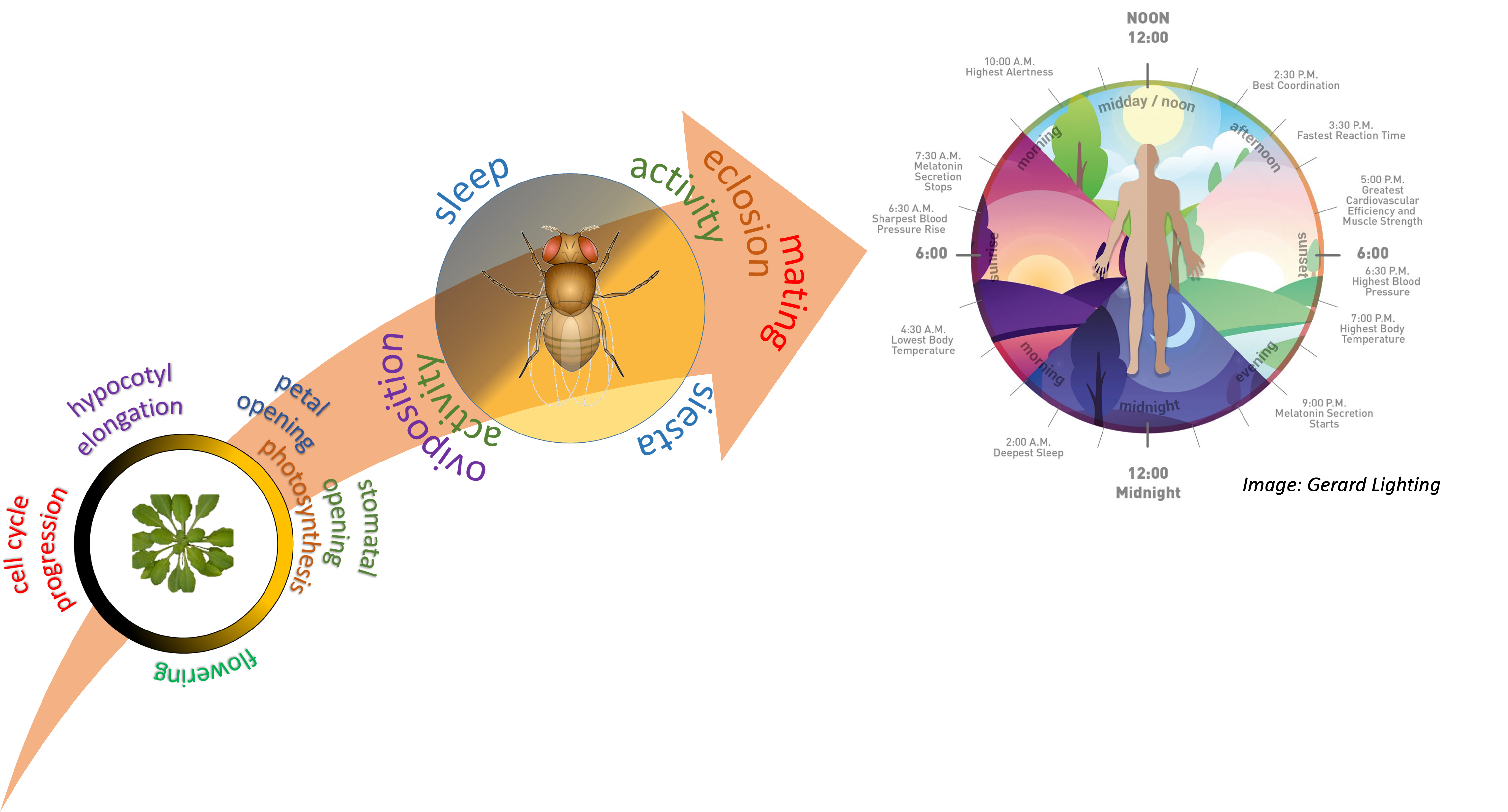
news
| Aug 10, 2024 | I’m looking to join a vibrant biology department as an Assistant Professor. My group will be interested in the behavioral neuroscience of biological timekeeping in fruit flies. |
|---|---|
| Dec 11, 2023 | Our recent paper on mathematically modeling Drosophila sleep was covered by the ASRC news. Read about it here. |
| Dec 6, 2023 | The Neuroscience Initiative is hosting a commuity science night! |
selected publications
-
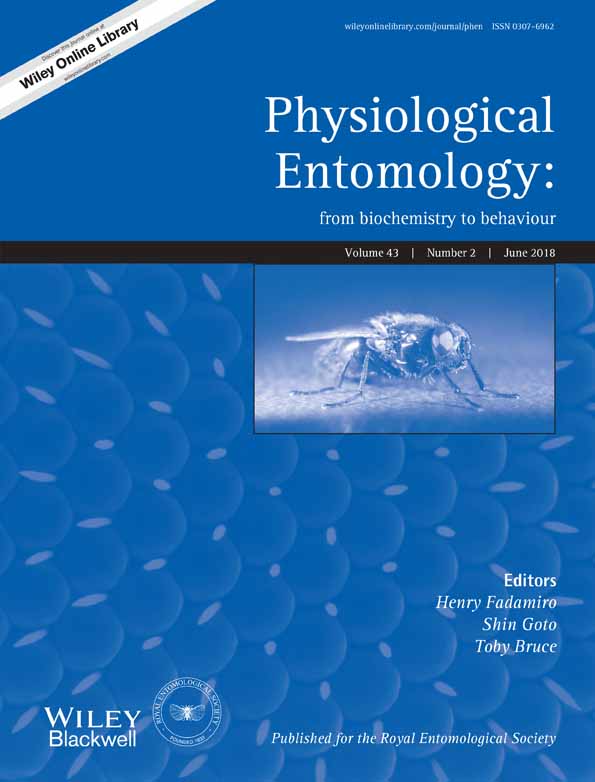 On the relevance of using laboratory selection to study the adaptive value of circadian clocksPhysiological Entomology, 2016
On the relevance of using laboratory selection to study the adaptive value of circadian clocksPhysiological Entomology, 2016 -
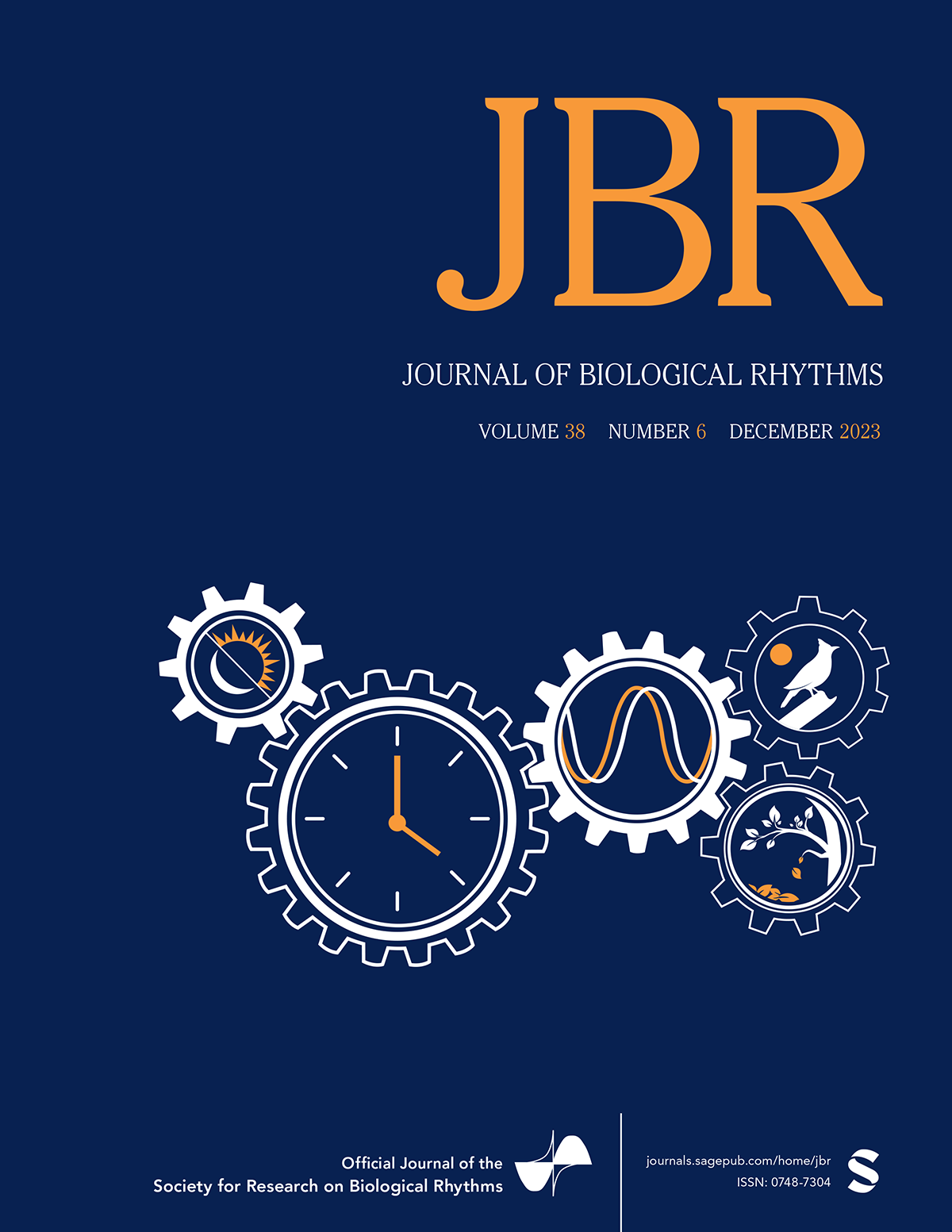 RhythmicAlly: your R and shiny–based open-source ally for the analysis of biological rhythmsJournal of biological rhythms, 2019
RhythmicAlly: your R and shiny–based open-source ally for the analysis of biological rhythmsJournal of biological rhythms, 2019 - Parametric effects of light acting via multiple photoreceptors contribute to circadian entrainment in Drosophila melanogasterProceedings of the Royal Society B, 2023
-
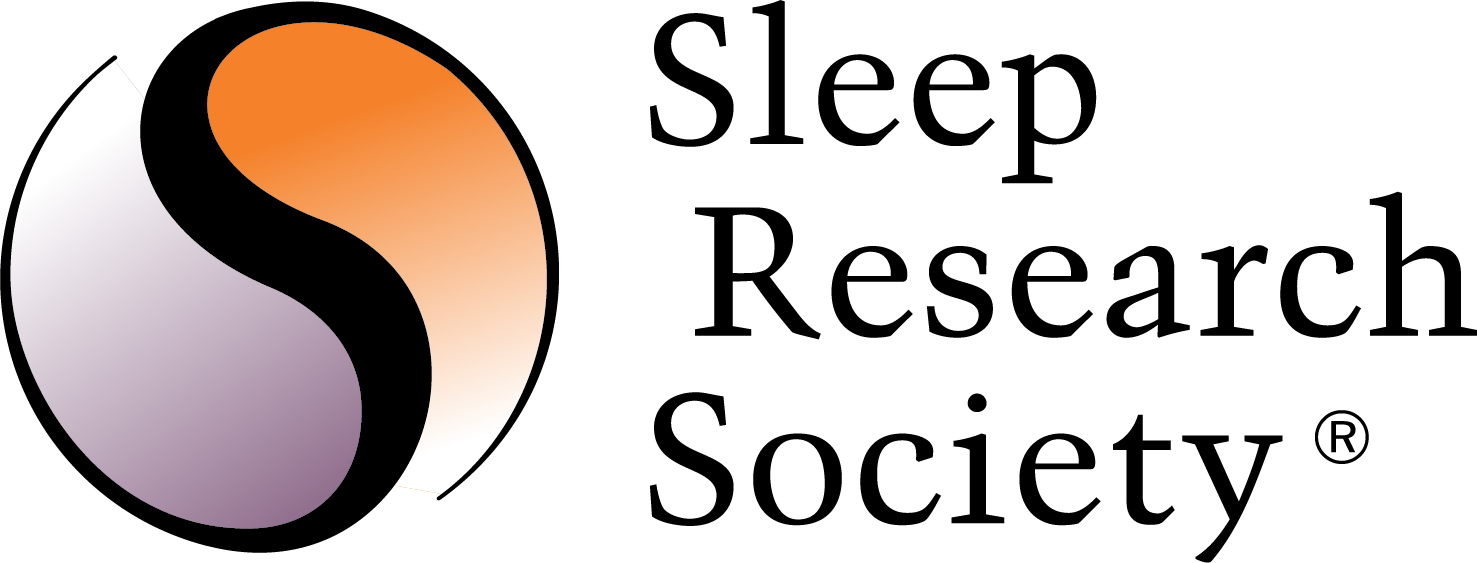 A two-process model of Drosophila sleep reveals an inter-dependence between circadian clock speed and the rate of sleep pressure decaySleep, 2024
A two-process model of Drosophila sleep reveals an inter-dependence between circadian clock speed and the rate of sleep pressure decaySleep, 2024 -
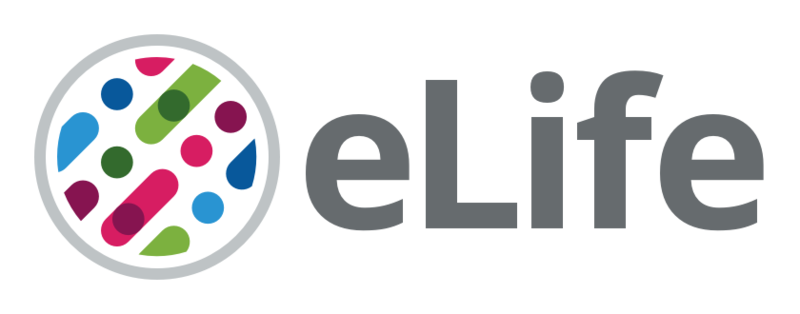 Homeostatic control of deep sleep and molecular correlates of sleep pressure in DrosophilaeLife, 2023
Homeostatic control of deep sleep and molecular correlates of sleep pressure in DrosophilaeLife, 2023
